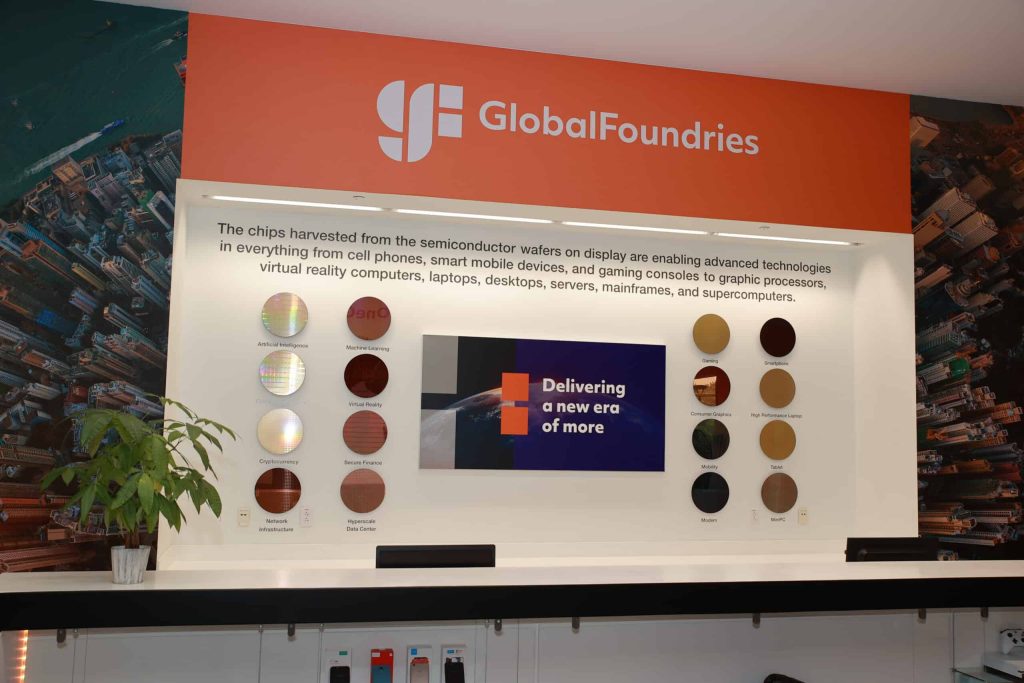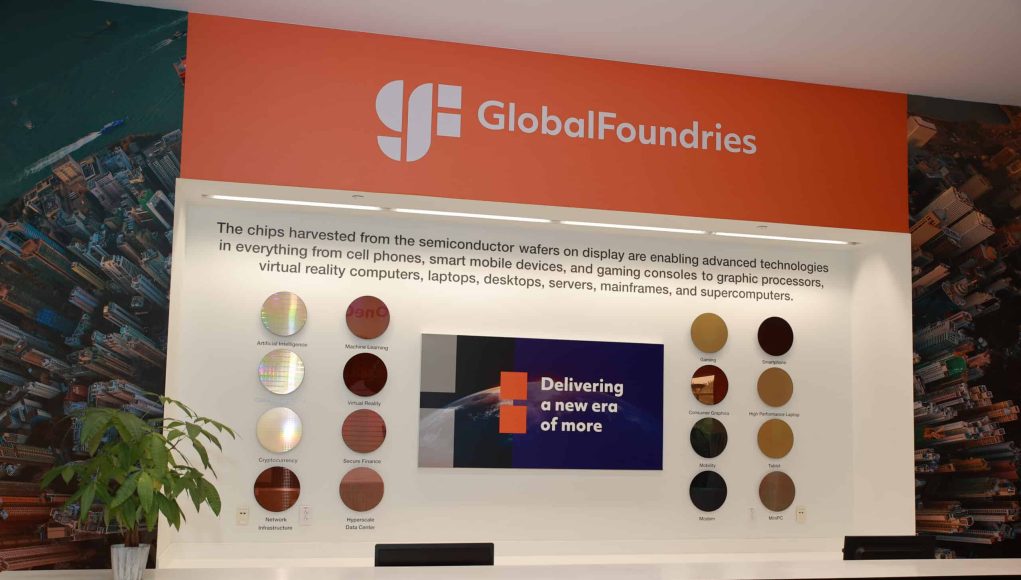
(Singapore, 18.11.2025)American semiconductor giant GlobalFoundries (GF) has officially acquired Advanced Micro Foundry (AMF), a home-grown Singapore company specialising in silicon photonics — a technology increasingly vital in powering today’s AI-driven world.
The deal, announced on Monday, marks a major milestone for Singapore as it strengthens its position in the global chip supply chain. With artificial intelligence, cloud computing and data centres driving an explosion in data traffic, silicon photonics is widely seen as a key technology to boost speed and efficiency in next-generation digital infrastructure.
Neither GF nor A*Star — which spun off AMF in 2017 — disclosed the value of the acquisition. However, both parties said the move reinforces Singapore’s status as a trusted and advanced semiconductor hub.
Why This Acquisition Matters
The addition of AMF makes GF the world’s largest silicon photonics foundry by revenue. Silicon photonics is an area where demand is skyrocketing due to the need for faster, more energy-efficient data transfer. Instead of using traditional electrical signals, this technology uses light to move information — enabling ultra-fast transmission speeds and lower power consumption.
This capability is crucial for processing the massive datasets required by AI models, high-performance computing and global telecommunications networks.
A*Star described the acquisition as “the next phase of AMF’s journey”, highlighting how innovations developed in Singapore will now have the scale to reach global markets.
New R&D Centre in Singapore
As part of the acquisition, GF announced plans to establish a Silicon Photonics Centre of Excellence (COE) in Singapore. The centre will deepen the company’s R&D footprint here and accelerate the development of next-generation technologies capable of handling data speeds of up to 400Gbps.
GF said the COE will work closely with A*Star on advanced materials and platform enhancements to support the company’s long-term innovation roadmap.
“This collaboration strengthens our global photonics platform, enabling us to deliver secure, high-performance data transfer solutions to customers around the world,” GF said in a statement.
Founded as a spin-off from A*Star’s Institute of Microelectronics, AMF calls itself the world’s first dedicated silicon photonics foundry. Over the years, it has built a strong base of international customers and developed intellectual property critical to the photonics ecosystem.
AMF CEO Jagadish C.V. said the partnership with GF brings together complementary technologies and global reach.
“With GF’s scale and reputation, we look forward to accelerating the adoption of silicon photonics in a wider range of markets,” he said.
Photonics chips are already widely used in areas beyond data centres — including LiDAR systems for autonomous vehicles, robotics, medical imaging and even quantum computing.
GF: Photonics Is Now Core to AI Infrastructure
GF CEO Tim Breen emphasised that photonics will be essential for keeping pace with the rapidly rising demands of AI systems.
“As data becomes more complex and moves faster, the need to transmit information with greater speed and energy efficiency becomes fundamental,” he said.
He added that acquiring AMF allows GF to offer a “decade-long roadmap” for cutting-edge optical technologies, including pluggable transceivers and co-packaged optics — solutions that are increasingly important for hyperscale data centres and advanced telecom networks.
The acquisition also includes AMF’s manufacturing facilities, IP portfolio and engineering talent, which GF plans to scale up to support growing global demand.

Singapore’s Long Bet on Photonics Pays Off
A*Star highlighted that Singapore’s early interest in photonics began nearly two decades ago. The country launched its first national silicon photonics R&D programme in 2007 through the Institute of Microelectronics. This was followed by the National Research Foundation’s support in 2015 to establish the Lux Photonics Consortium, aimed at encouraging collaboration between industry, academia and research groups.
These coordinated efforts eventually laid the groundwork for AMF’s creation — and its rise to becoming a significant player in the global photonics landscape.
Today, Singapore is investing over S$1 billion in semiconductor research and development, covering areas such as photonics, specialised materials, advanced packaging and optics — all of which are expected to play a major role in the AI and data economy.
A*Star CEO Beh Kian Teik said the partnership with GF reflects confidence in Singapore’s ability to translate R&D into real-world solutions.
“We’re excited to work with GF to push the frontiers of silicon photonics and unlock new economic opportunities for Singapore,” he said.
The Singapore Economic Development Board (EDB) also welcomed the acquisition. EDB managing director Jermaine Loy said GF has long been a central player in Singapore’s semiconductor landscape, with major manufacturing, R&D and regional operations based here.
He added that A*Star and EDB have worked closely to support GF’s continued growth, reinforcing Singapore’s role as a hub for high-value semiconductor activities.
With AI adoption accelerating worldwide, the demand for high-performance chips and faster communication infrastructure continues to surge. By bringing AMF under its umbrella, GF gains a significant competitive edge in silicon photonics — one of the fastest-growing segments in the semiconductor industry.
For Singapore, the deal represents a major vote of confidence from one of the world’s leading chipmakers and underscores the country’s growing influence in shaping future technologies.
As data centres expand, telecom networks upgrade, and autonomous systems move closer to mainstream adoption, the collaboration between GF and AMF positions Singapore at the forefront of technologies powering the next wave of innovation.





































